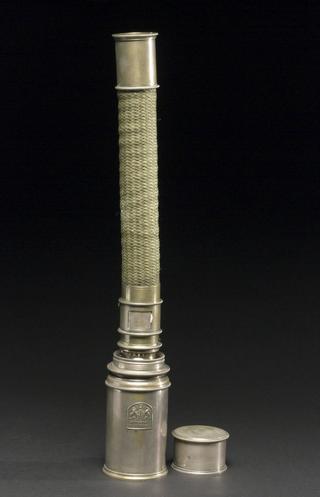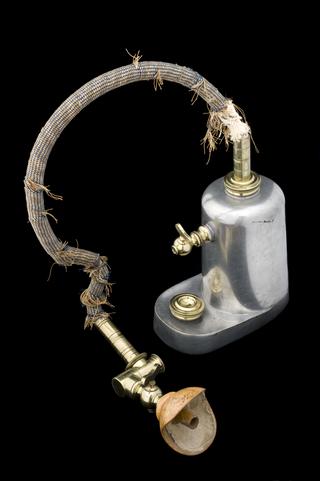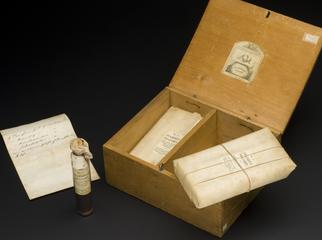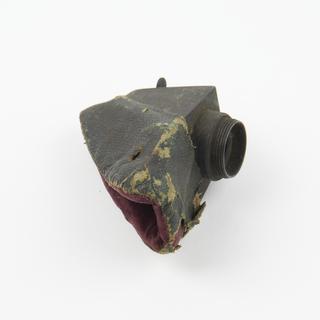
John Snow 1813 - 1858
- occupation:
- Anaesthetist, Epidemiologist, Physician
- Nationality:
- British; English
- born in:
- York, North Yorkshire, England, United Kingdom
John Snow was a leading British physician of the Victorian period. He is also considered one of the founders of modern epidemiology for his work in identifying the source of a cholera outbreak in 1854. This study suggested a means of disease transmission that clearly contradicted the prevailing miasma theory. Although overlooked at the time, his study would later be recognised as evidence for the germ theory of disease, which would come to prominence in the years after Snow’s death.
Cholera was a regular visitor to London’s overcrowded and unsanitary streets. An outbreak in just such an area in 1854 gave Snow the opportunity to further his theory that cholera could be spread via contaminated water or food. By recording the location of deaths related to cholera, Snow was able to show that the majority were clustered around one particular public water pump in Broad Street, Soho. He eventually convinced officials to remove the handle to the pump, although by that time the worst of the epidemic had actually passed.
Snow was also a leading advocate of both anaesthesia and hygienic practices in medicine. He experimented with ether, and designed an apparatus to administer the gas safely.
When the news of a superior anaesthetic - chloroform - was reported, Snow adopted the drug and also designed a mask to administer it. He personally administered chloroform to Queen Victoria during the births of her eighth and ninth children, in 1853 and 1857. Such a high-profile patient assured a growing public acceptance of the use of anaesthetics during childbirth.








